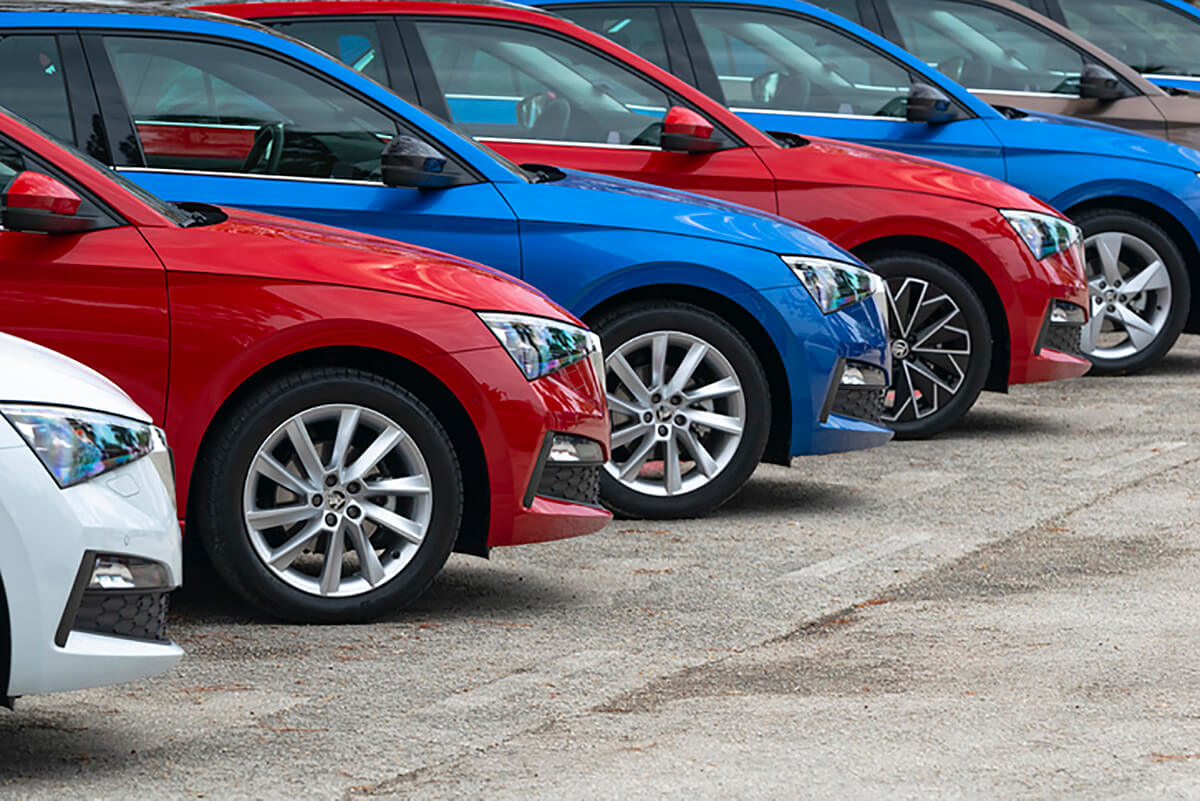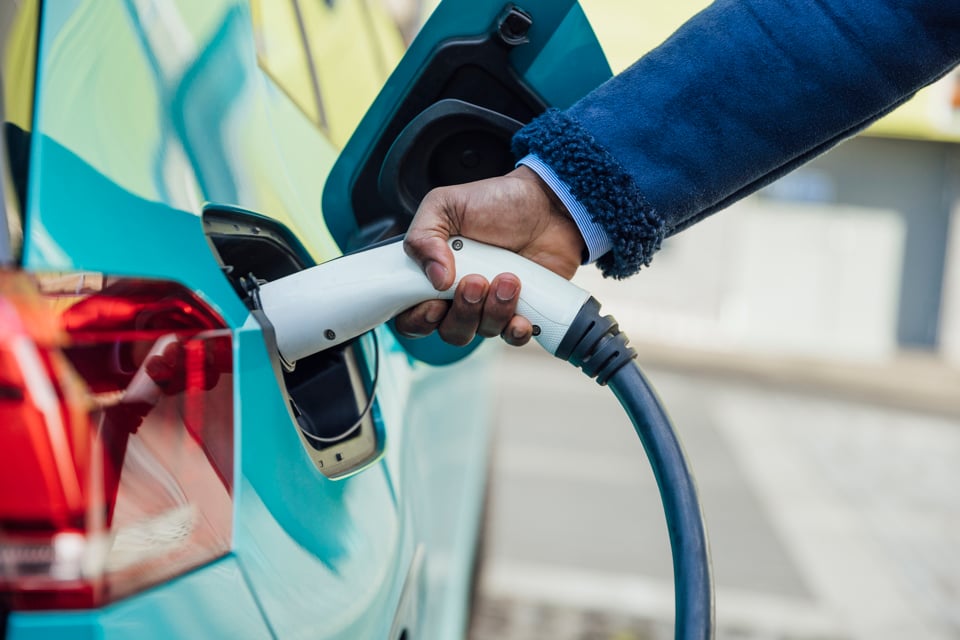Used electric vehicles (EVs), on average, are selling faster than petrol or diesel vehicles, according to digital remarketing firm Motom.
The digital marketplace examined data over the past four months and found that EVs sell in 17 hours and one minute, which is one hour and 15 minutes faster than internal combustion engine (ICE) vehicles.
The study also showed that EVs achieved 106.87% of Cap Live, with ICE vehicles at 106.39%.
Julian Humphreys, co-founder and CEO of Motom, said: “The data shows that confidence in EVs continues to grow. There is a clear buyer appetite for the right EV, and demand has recovered since the middle of last year.
“Buyers are still selective around EVs; the swing in terms of cap performance runs from 103% to 119.5%. We've found that demand remains constant, and we don't hold special EV sales as buyers come from all corners of the market.”
Motom provides a digital wholesale marketplace for vendors and buyers and has grown quickly since its launch in late 2022.
“Our fastest vehicle sold in 19 seconds,” continued Humphreys. “In a dynamic market, it's essential to remarket vehicles quickly and effectively to take advantage of market trends.”
Used electric vehicle stock

With data from Motom showing the appetite for used EVs, separate analysis by Indicata suggests that UK dealers have got fewer used EVs in stock than any other country in Europe.
Through a combination of growing used EV sales and dealers limiting their stock levels of zero emission cars, their market days’ supply (MDS) of 54 days is the lowest in Europe.
To put this into perspective Austria and Spain have the highest MDS of 143 days and 135 days respectively for EVs and Denmark the lowest at 55 days.
The MDS gap between EVs and other powertrains are narrowing with hybrids and diesels at 45 days and petrol cars at 42 days.
Market days’ supply is derived from looking at the relationship of used cars between dividing the currently available supply of inventory and the average daily retail sales rate over the past 45 days.
Dean Merritt, Indicata UK’s head of sales, explained: “Our data records the levels of stock being held by dealers rather than the total amount of used cars available in the market.
“We know the wholesale market is backed up with large supplies of used EVs, but dealers are still being quite cautious about stocking used EVs.
“There are signs that there is a growing confidence to invest in older used EVs as well as the premium high-end models as they currently look very good value.”
He added: “The car industry continues to invest in tactical campaigns to educate and incentivise consumers and dealers alike so there is no reason that used EV volumes cannot grow quickly. These are all signs that EVs are close to becoming an integral part of the used car market.”
Used EVs fell in price by 0.7% between March and April, while prices overall fell by just 0.1% month on month, according to Indicata, which suggests the UK has seen some of the last of the major price falls experienced since early 2023.
Q1 used car market bounces back followed by a strong start to Q2
Fleet procurement and management company Liquid Fleet reported record used car sales in the first quarter of 2024 selling almost 450 units through its remarketing network.
This positivity has been experienced across all its wholesale remarketing channels including - direct, franchised dealer and car supermarkets.
Retail sales have also produced some strong results as Liquid Fleet aims to mitigate any potential losses from Q4 2023 which saw residual values fall by 12%.
Liquid Fleet runs 2,500-vehicles, and its cars are typically petrol and petrol hybrid and replaced every 13 months and around 22,000 miles. It also runs a few diesels, some vans on 48 month/48,000-mile replacement cycles and a handful of six and eight-month contract cars.
Its high used car conversion rates have seen cars selling in just 15 days or less with residual values exceeding CAP Clean figures when adjusted for damage.
Martin Potter, Liquid Fleet’s commercial director, said: “This change to the market has come at a very important time as new prices have been increasing and interest rates high.
“We needed residual values to stabilise in Q1 to inject confidence back into the market and to enable us to remain competitive when procuring and leasing cars into the market.”





















Login to comment
Comments
No comments have been made yet.